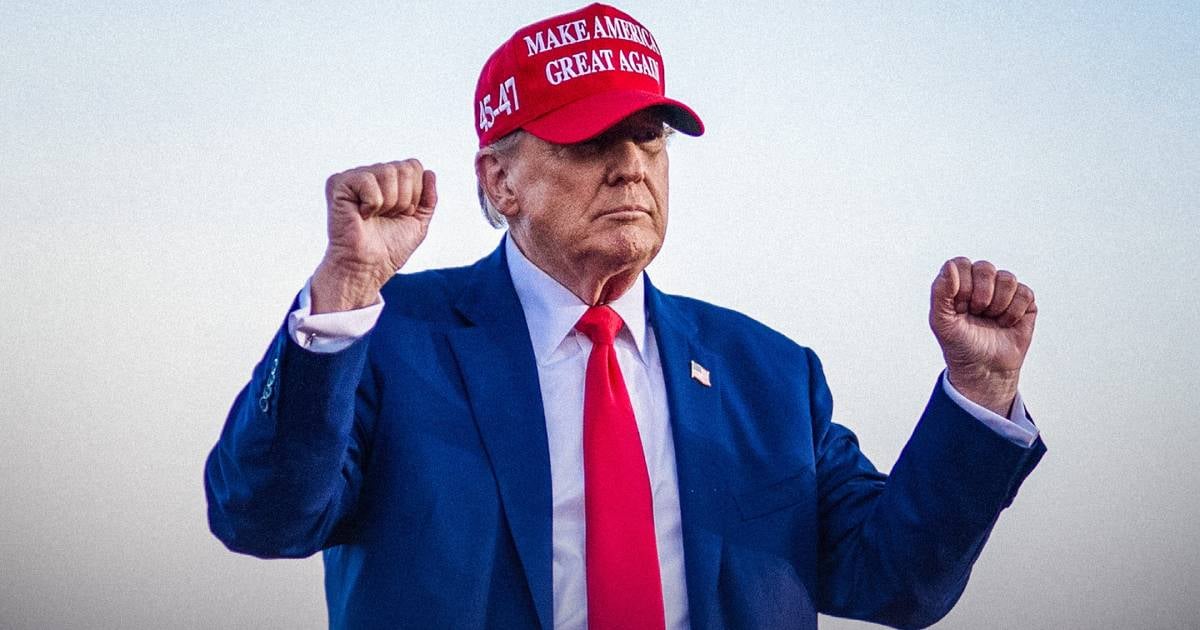The United States Senate gave its approval on Tuesday to President Donald Trump's ambitious legislative proposal known as the "One Big Beautiful Bill." This $3.3 trillion initiative has sparked intense political division and growing concerns over its potential social impact. The bill's passage came down to a tie-breaking vote cast by Vice President JD Vance after three Republican senators—Thom Tillis, Rand Paul, and Susan Collins—opposed it. No Senate Democrats supported the measure, according to FOX News.
As this political drama unfolded in the Capitol, cheers erupted in Florida during a Trump event when he was informed live of the bill's approval. "Thank you. Wow! I'm hearing these wonderful words and they are music to my ears," the president exclaimed, visibly moved before an enthusiastic crowd.
Challenges and Criticisms Ahead
Now heading back to the House of Representatives, the bill faces opposition from both the right and center of the Republican Party. Fiscal conservatives from the Freedom Caucus argue that the proposed spending cuts are inadequate, while moderates express concerns over reductions to Medicaid, the health program that supports millions of low-income Americans, including immigrants and Latino citizens.
"We know they will have some challenges over there, just as we did here," acknowledged Senator Markwayne Mullin (R-OK), who remains hopeful that the final version will be accepted by the lower chamber.
Internal resistance poses a significant threat to the bill's progress, even as Republican leaders like House Speaker Mike Johnson urge limiting amendments. Chairman of the Ways and Means Committee, Jason Smith, remains optimistic, asserting that the bill will be on Trump's desk by July 4th.
Voices of Opposition
In a notable critique, Elon Musk lambasted the fiscal megaplan. "The latest version of the plan will destroy millions of jobs and cause immense strategic damage to the country," he warned on his X account (formerly Twitter), labeling the initiative as "absolutely insane and destructive."
Beyond the political spectacle, which included Senate gallery protests and marathon debate sessions, the plan's contents could have a profound impact on millions of working families and vulnerable groups. Cuban-American Congresswoman María Elvira Salazar described it as a defense of the "American Dream."
White House Perspective
From the Executive branch, Treasury Secretary Scott Bessent defended the bill as the largest tax cut in history and a means to sustain an "inflation-free recovery." According to the government:
- An average family of four could see their net income rise between $7,800 and $13,300.
- The average worker would receive between $6,100 and $11,600 more annually.
- The Child Tax Credit would increase by $500 permanently.
- Taxes on tips, overtime, and retirees would be eliminated.
- There would be incentives for purchasing or expanding U.S.-made factories and cars.
However, a stark warning was also issued: "If the bill fails to pass, it would be catastrophic. We would witness the largest tax hike in history and a substantial increase in unemployment."
Key Questions About the "One Big Beautiful Bill"
What is the main goal of the "One Big Beautiful Bill"?
The main goal of the bill is to implement significant tax cuts and promote economic recovery without inflation. It aims to increase net incomes for families and workers while encouraging the purchase and expansion of U.S.-made products.
Who were the key opponents of this bill in the Senate?
Key opponents included Republican Senators Thom Tillis, Rand Paul, and Susan Collins, who voted against the proposal. Additionally, no Senate Democrats supported the bill.
What are the criticisms surrounding the bill?
Critics argue that the spending cuts are insufficient, particularly concerning Medicaid. There are also fears about job losses and strategic economic damage, as highlighted by Elon Musk.
